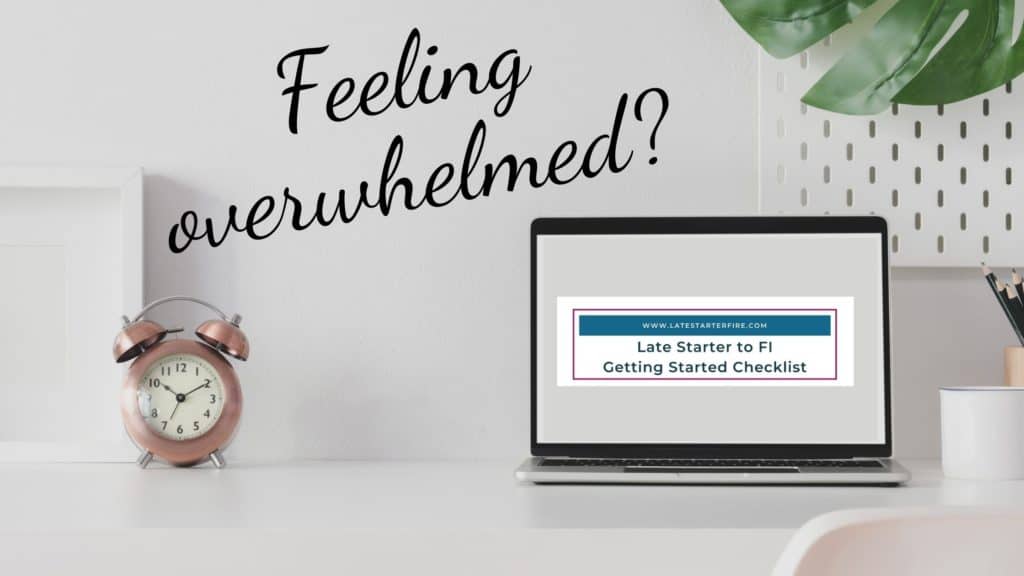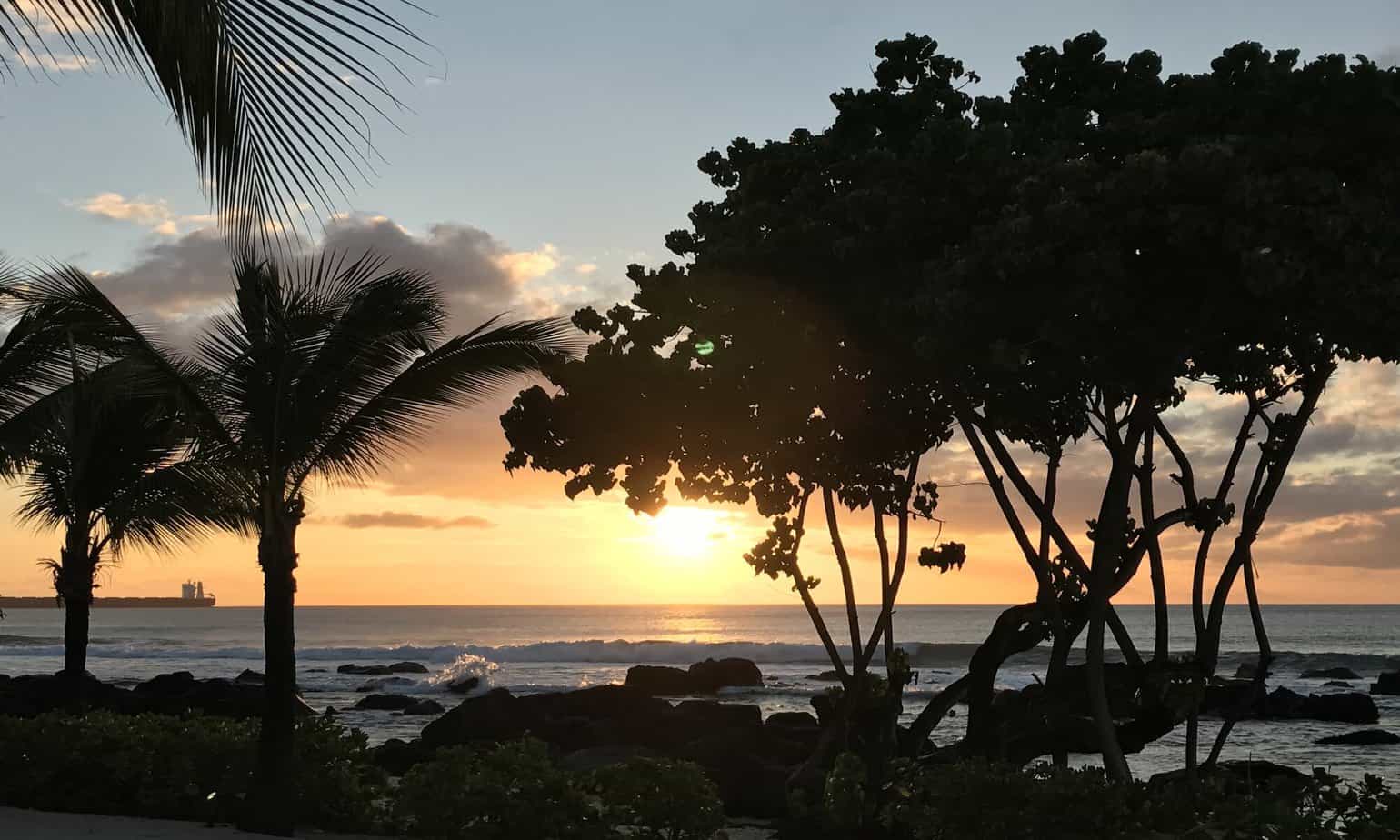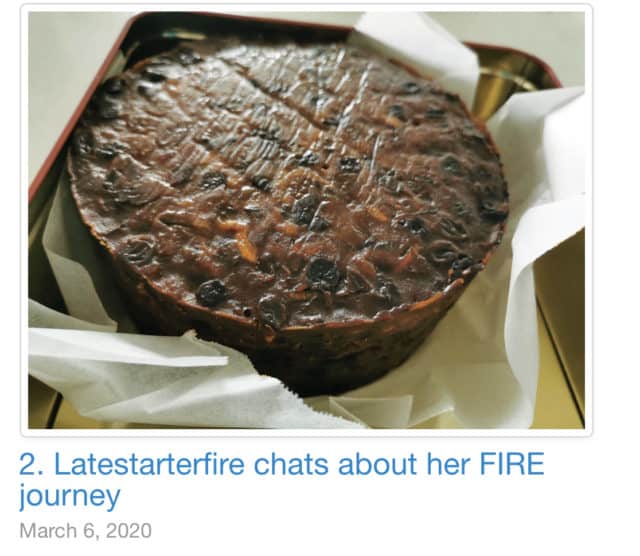Welcome to the Late Starter to FI series!
I am a Late Starter – I did not discover FIRE (Financial Independence Retire Early) concept until I was 47. This was way later, I thought than others who seem to have it all together in their 20s and 30s.
Since I started to write about my own journey, I have discovered there are many more Late Starters like me, yay! It is such a relief knowing I am not alone.
I want to share our stories, our unique perspectives and show that it is absolutely not too late for us.
So in this series, I particularly highlight those of us who start our FI journeys in our 40s, 50s and 60s. And explore questions such as ‘where do we start’, ‘can we still retire early(ish)’, ‘what are the specific challenges for us late starters’. We look at our past, not to castigate ourselves but so that you can learn from us.
Please join in the conversation in the comments below. I encourage you to share your story if you fit the profile of a late starter. You absolutely don’t have to be a blogger or podcaster to share your story. Please email me at info@latestarterfire.com or connect with me on Twitter, Facebook or Instagram
Disclosure: Please note that I may benefit from purchases made through my affiliate links below, at no cost to you

A note on current circumstances
Many of these stories were submitted before the current COVID-19 pandemic and circumstances may have changed. The authors will update their circumstances if they wish, in the comments below.
We are in uncharted territory and the future looks challenging for a lot of us. My day job is in healthcare – I see first hand the collective fear and anxiety among the public, my colleagues and family. I have never witnessed such widespread panic and confusion or worked under such challenging conditions where information and policy changes daily. I wrote about my experience in this post.
Yes, we are late starters – we have come to this Financial Independence (Retire Early) journey a little later than some but our journeys up this point have already been filled with courage and resilience. And these are the very characteristics that will see us through the current crisis.
So no matter what your circumstances are right now, however they have changed, I have every faith that you will be able to adjust and pivot as necessary.
Maybe our progress will be delayed by a few years; perhaps we need to review our investing plan; maybe we have to tighten our belt further. Or perhaps we just have to sit tight and ride it out without changing anything. Whatever it is you have to do right now to survive and thrive, I know you can do it.
I hope all of you are well and continue to be safe and healthy.

Feeling Overwhelmed?
Use this FREE Checklist to start your journey to Financial Independence
Introducing Mrs Hack
I am excited to share Mrs Hack’s story today. Mrs Hack writes at Sustainable Living blog – where she writes about finances and sustainability – the eco friendly and frugal path to financial freedom. You may also connect with her on Twitter or Facebook.
Before the COVID 19 crisis arrived in Australia, we had another major crisis – the terrible bush fires that made world headlines. I feel for those who have lost homes and have not gotten back on their feet, only to be faced now with the COVID 19 crisis.
Mrs Hack was writing during the bush fire crisis.
This is her story.
A little about my family and I
Mrs Hack here from the Sustainable Living blog. My husband and I are in our mid 40s living in regional Victoria, Australia (where there are currently bushfires).
We do have our bags packed, 40 litres of water and a fireproof safe with all our essential documents. Our insurance documents are up to date and hold appropriate cover. However, we’ve been told we live in a defendable town, but then … experts also said the Titanic was unsinkable.
I’m a primary school teacher and Mr Hack is a supervisor in a factory. Neither of us are high income earners. I’ve had a lot of time away from employment or doing part time or casual work bringing up children.
This is also complicated by the fact that one of our children has a complex heart condition and in his eight years has already had four open heart surgeries. There are six children in total, who range from 6 years to 27 years, four of whom still live at home. I have 3 grandchildren – one who lives at home (now 5 weeks old) with us and his 24 year old mum.
We are also feeling the whole ‘sandwich generation’ scenario, having children to bring up whilst at the same time having elderly parents requiring further assistance. Sadly, my husband’s mother is currently going through chemotherapy for ovarian cancer treatment.
I don’t see us as being much different from other families. We may have more children than the average family, yet we still lead a normal, complicated and messy life.
As well as all the family and work stuff, I also write a blog about financial independence, frugality and the environment.
How did we get here?
A few years ago, we were feeling a great deal of unease about our financial situation. We knew we didn’t have enough money to retire at the traditional age – based on our birth year, for us it is 67 years. We also wanted to have our mortgage paid off before retiring, plus there were still going to be children living at home as teenagers when we reached 60.
Despite having no debt, apart from the mortgage, we couldn’t figure out what we were doing wrong financially and why we were living payday to payday. Needless to say, we didn’t have an emergency fund and leaned on a credit card to get us through tough times (and there were a few extended hospital stays 300km from home). Our knowledge about investments was non existent.
It was then we came across the Barefoot Investor strategy. We studied the book and followed all the recommended advice and soon had a very good handle on our finances.
At the same time, we were disgusted at the amount of waste our household produced every-single-week and vowed to reduce our environmental footprint.
The combination of getting a great handle on our finances and reducing the amount of rubbish led to an epiphany – that financial literacy was directly linked to environmental stewardship! The less money we wasted, the less waste we created.
On the path to Financial Independence
After all these huge changes, it was a case of, what next. What was the next step going to be? Surely we had gone as far as we could go with our finances. Yet, little did we know there was a lot further to go. Learning about the stages of financial independence was quite an eye opener.
When I’m interested about a subject area, I want to know everything I can about it. So being typical me, I browsed the internet, YouTube and the library seeking further financial advice (my typical leisure time is used up by being hungry for knowledge).
I’m not 100% sure what led me to the concept of financial independence. It may have been a Mr Money Mustache YouTube video or it could have been a website article. But, one thing is for sure, once I found out I had to know more!
After much self directed study and number crunching, we calculated we could retire in about 12 years with the mortgage paid off. This would bring us to our late 50s. Whilst to some this may not seem much of an achievement age-wise, for us it was mind blowing. We went from looking like being broke pensioners reliant on the government to being self funded retirees. It also meant we could retire earlier than the expected 67 years.
Later on, we also figured out that as we reached our target number, work could become more flexible.
Our plan
Our target number is to reach $1M in 12 years or less, whilst bringing up a family and paying off the mortgage. This would allow us to live off $40k per annum (using the 4% Trinity study rule) in lean FI until we are able to legally access our superannuation at 60 years of age. I’m estimating our super will be around $400K by then, topping up our passive income to a total of around $56k per year.
Specifically the current plan is to live from the lesser wage following the Barefoot Investor principles. This is important to us as we are not interested in an extreme frugal lifestyle and would still like family outings and holidays and a little splurge money each.
The higher wage will be split 50% into the mortgage, 50% invested in index funds in the stock market. We project our mortgage will be completely paid off in four years – super exciting!
Of course, this is hypothetical and relies on both of us working full time. And, it goes without saying, that the more money we can earn the faster we will reach financial independence.
Although, we could also get side railed by family needs but even if this happens, we know we are on the right path and that gives us a lot of confidence in the future.
Back to Latestarterfire
I am very happy to report that in the end Mrs Hack’s family did not have to evacuate during the bush fire crisis. But it must be nerve wracking, having everything ready just in case. Waiting for that call.
I admire Mrs Hack’s commitment to a sustainable way of living and how reducing her environmental foot print reduces her expenses too. She is an example for me to follow in my own quest to live more sustainably.
I am very sure that Mrs Hack’s creativity and ingenuity (I LOVE that she grows her own oyster mushrooms – this is on my to do list!) will see her and her family through this current COVID 19 crisis and beyond, to reach their goal of financial independence and retire early before turning 67.


